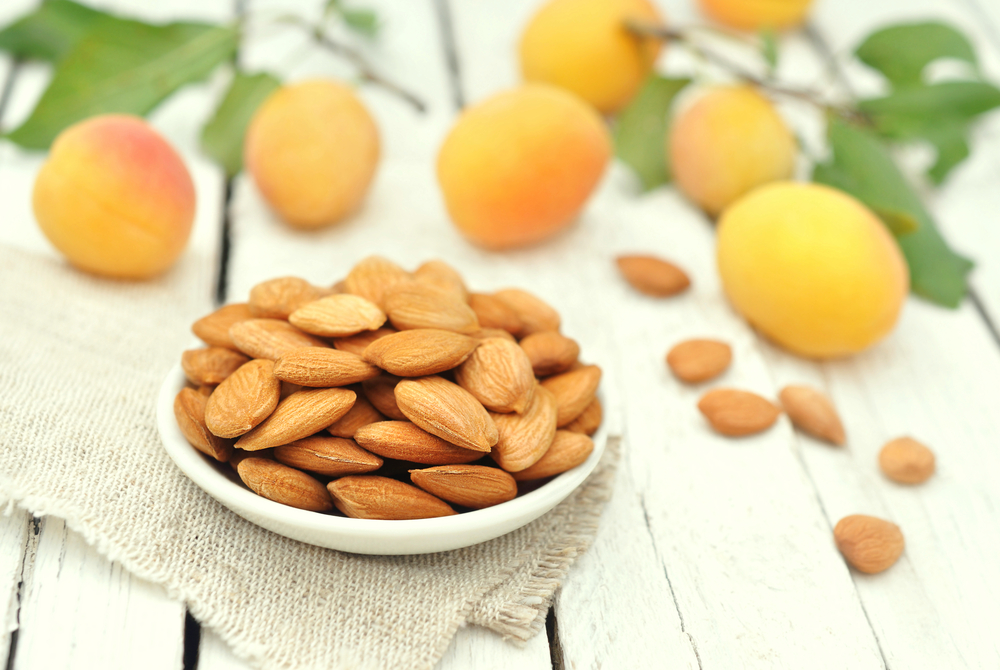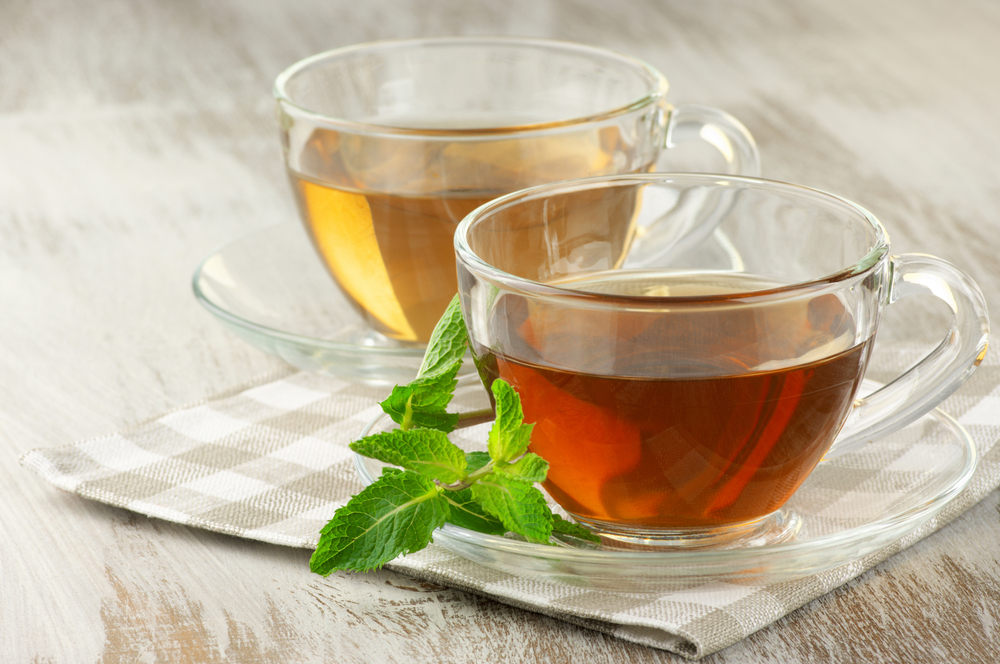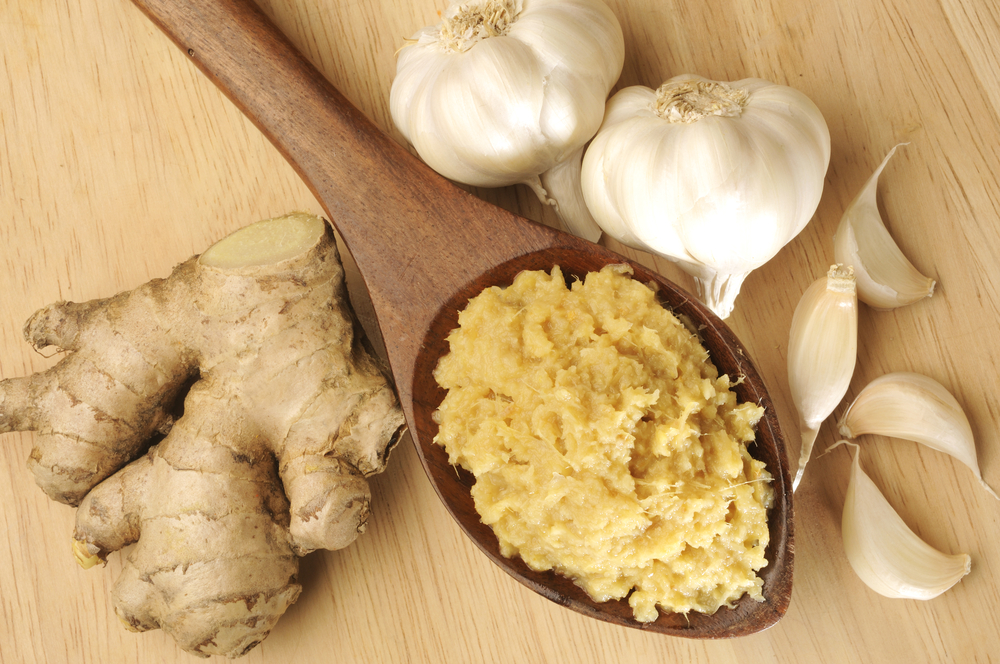Contents:
- Medical Video: 10 Foods to Avoid to Get the Flat Belly You've Dreamed Of
- Why not add sugar and salt to baby food?
- 1. The body and digestive system of young babies do not need a lot of salt
- 2. Helps babies recognize the original taste of food
- 3. Prevent children from various diseases due to eating too often sweet or salty foods
- When should you add sugar and salt to baby food?
Medical Video: 10 Foods to Avoid to Get the Flat Belly You've Dreamed Of
At the age of 6 months, babies may be introduced to solid foods. Yes, at this age babies do need food other than breast milk because their nutritional needs are increasing and breast milk cannot fulfill it properly.
Introducing a baby with his first meal is not an easy thing. Mothers should not be careless in giving food to their babies. Food must be introduced gradually to the baby, starting from the texture, taste, to portion. In fact, you should not add sugar and salt to baby food. Why?
Why not add sugar and salt to baby food?
In fact, adding sugar and salt to baby food is not something a baby needs. So, mothers don't have to bother adding sugar or salt to baby food.
Indeed, for us adults, food without sugar and salt has a tasteless taste, so we are not appetite to eat it. However, you need to remember that new babies are introduced to taste. So, food without sugar or salt is not a problem for your baby.
Some reasons why you don't need to add sugar and salt in baby food are:
1. The body and digestive system of young babies do not need a lot of salt
Babies only need less than 1 gram of salt every day until they are 12 months old. In fact, when it's 1-3 years old, babies only need 2 grams of salt. Very little amount, right?
If baby salt intake is more than this, it can endanger the health of the baby because the baby's kidneys cannot handle salt more than that amount. The kidney is an organ whose task is to filter out substances needed by the body. Excess substances, such as sodium, potassium, phosphorus, and others will be removed by the kidneys.
2. Helps babies recognize the original taste of food
Yes, not adding sugar or salt in baby food can help babies recognize the different tastes of different types of food. So, babies will get used to eating various types of foods with different flavors. This can also make baby food choices wider. It is hoped that when he grows up, he will not become a picky child of food.
3. Prevent children from various diseases due to eating too often sweet or salty foods
Picky children tend to prefer food with that flavor (salty or sweet). Taste that is recognized and comfortable on the child's tongue. As a result, children who love sweet foods will continue to eat sweet foods, making it risky to experience cavities.
In addition, often eating sweet foods can also increase the risk of type 2 diabetes mellitus. Meanwhile, children who love salty foods can become "addicted" to salty foods, thus increasing their risk of developing high blood pressure (hypertension).
When should you add sugar and salt to baby food?
You can add sugar and salt to your baby's food when the baby has entered 1 or 1.5 years or more. However, be careful when adding sugar or salt, not too much.
You also have to pay close attention to every food that is given to your baby, especially packaged foods. Why? Because usually packaged foods or instant foods contain "hidden" sugar and salt. We recommend that you read the nutritional value information on the packaging and see how much sugar and salt (sodium) is in the packaged food before you buy it.












